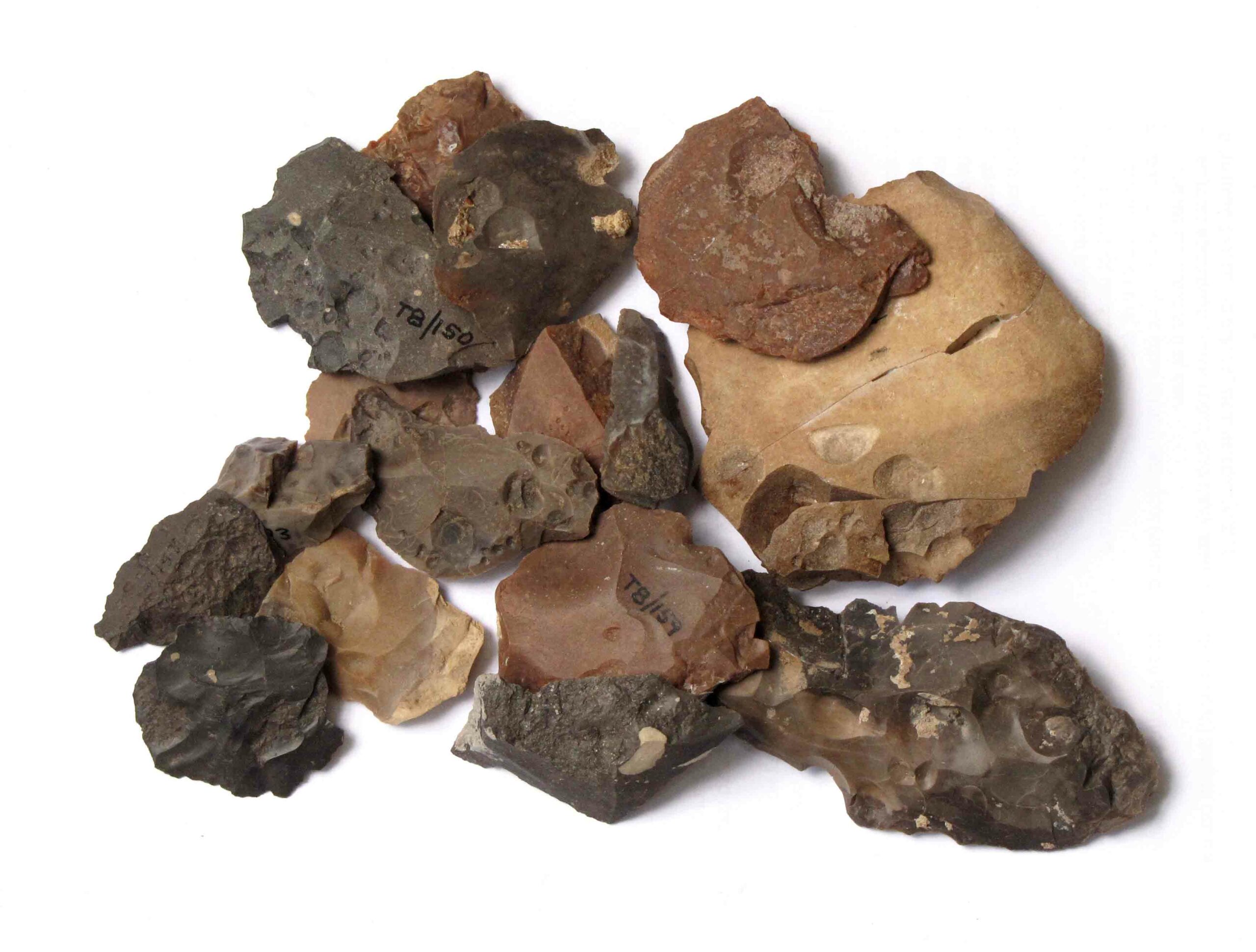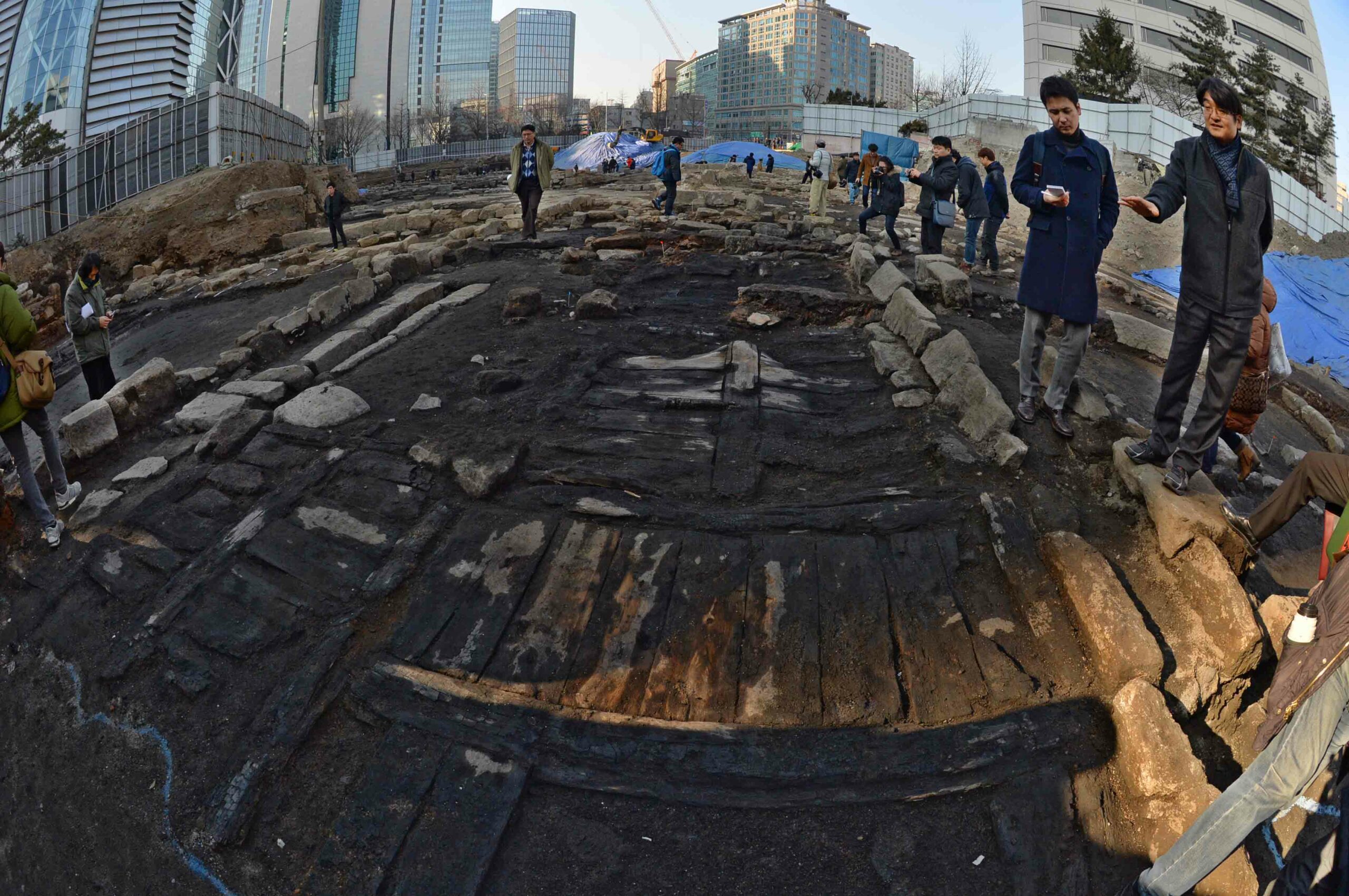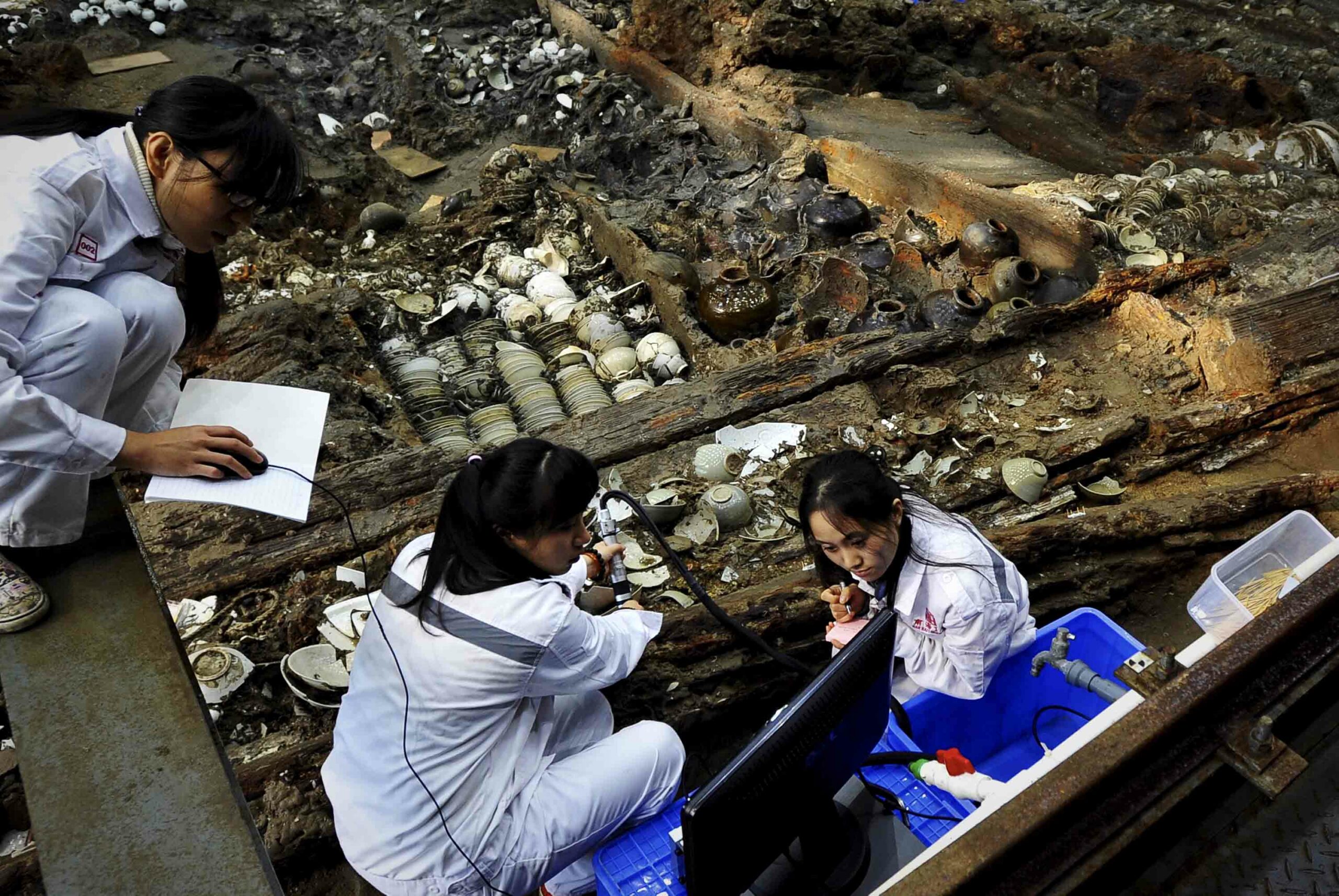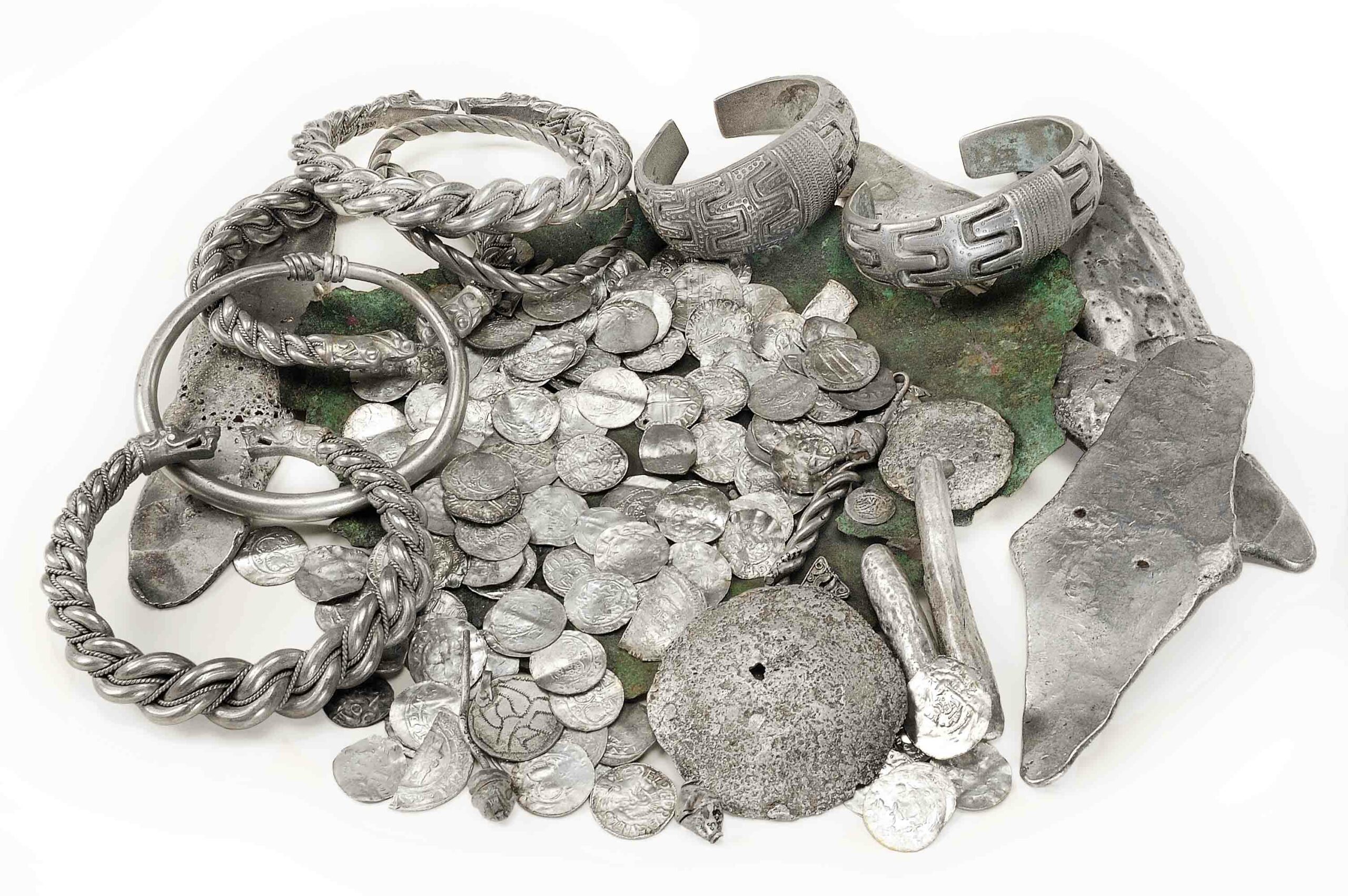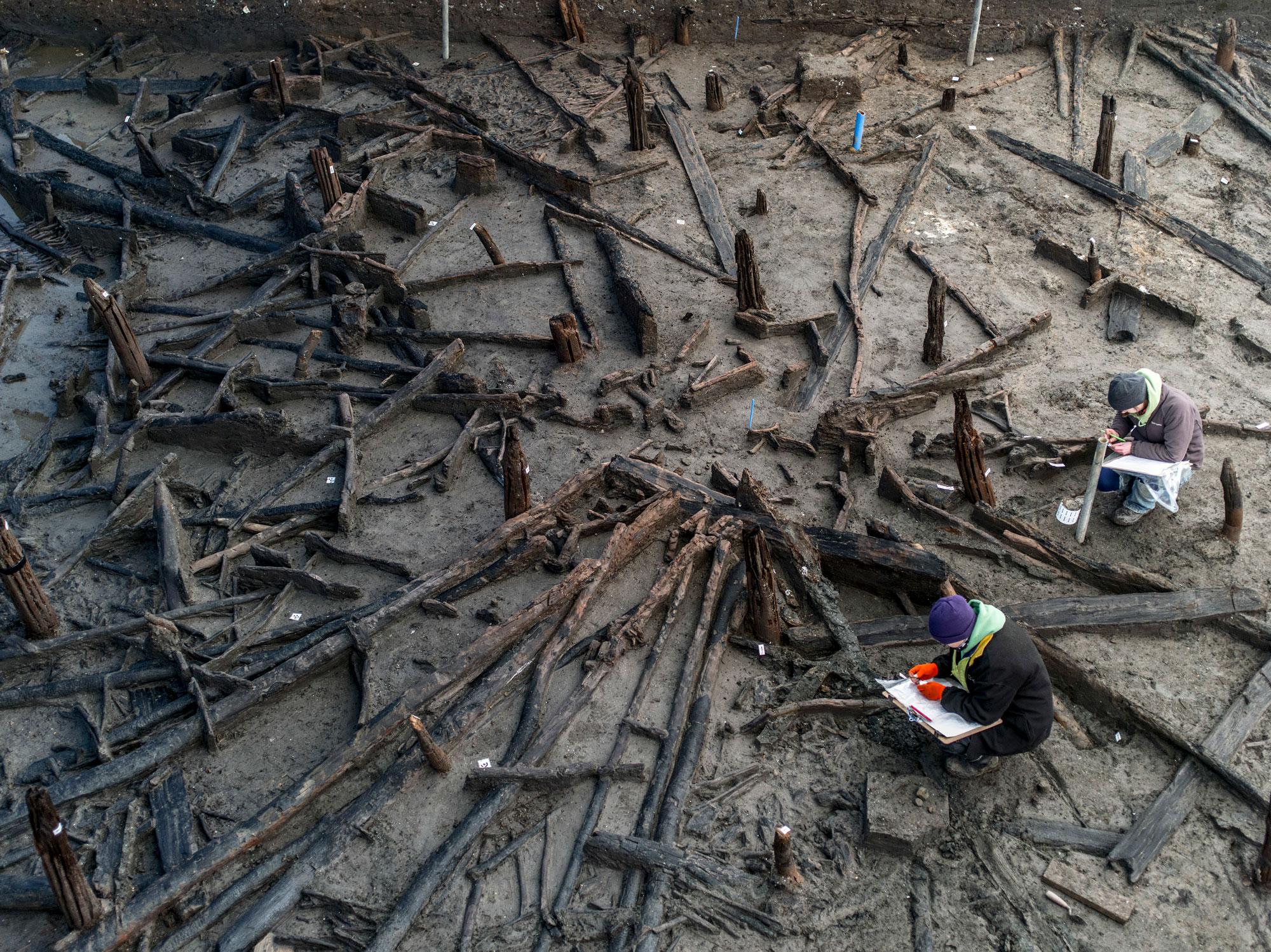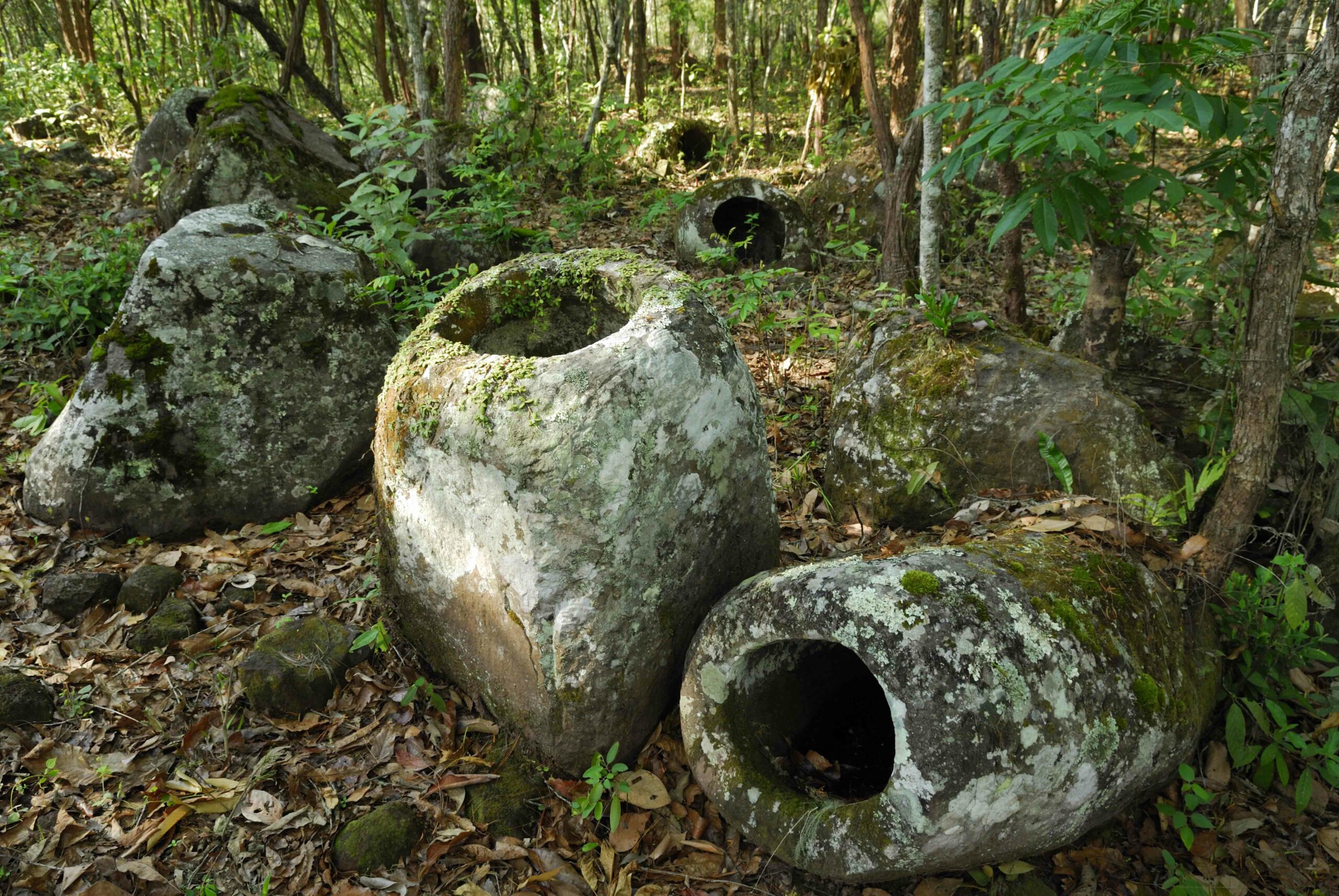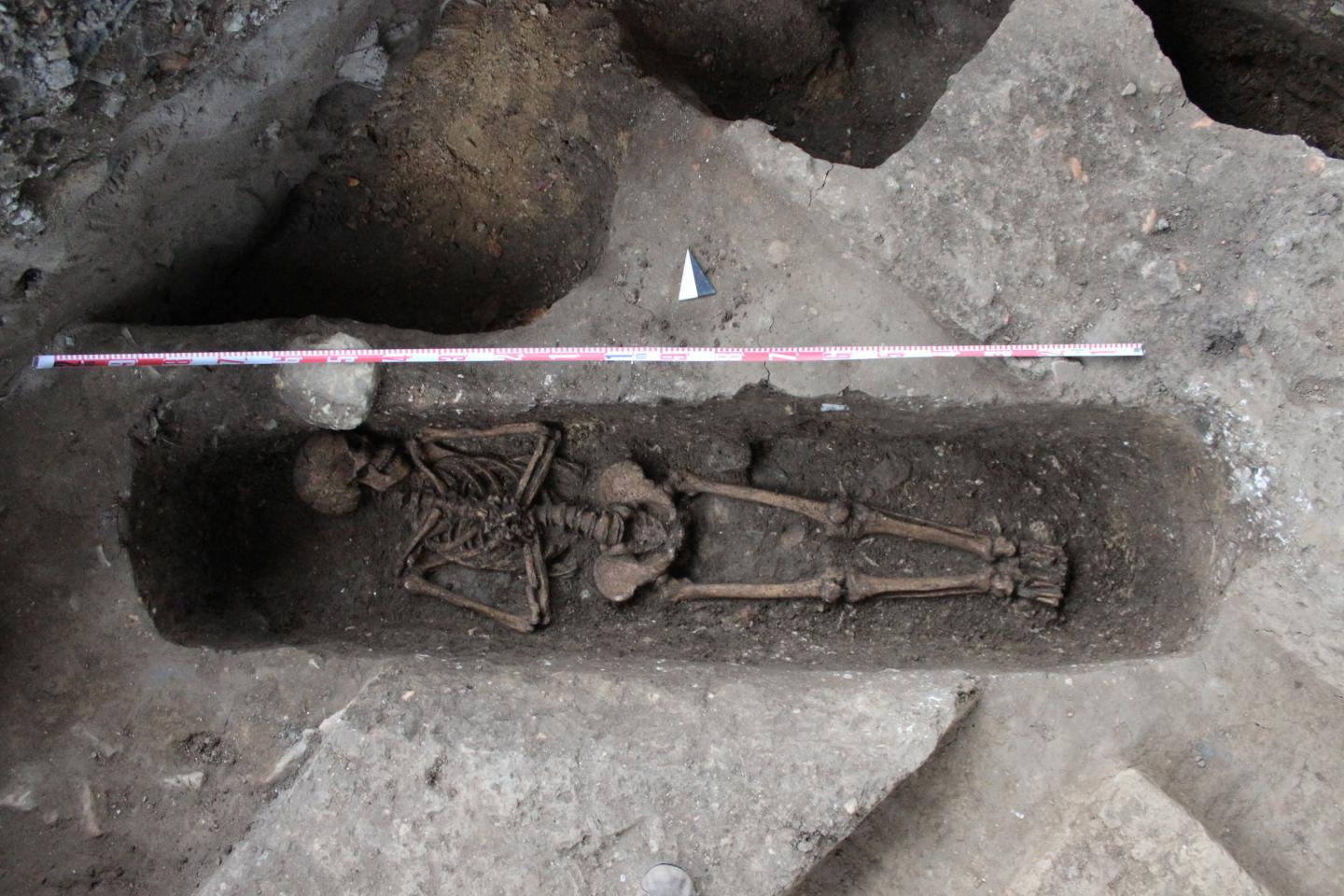
KONSTANZ, GERMANY—According to a report in The International Business Times, six burials dating to the seventeenth century have been found by an international team of researchers in the church cemetery at the site of San Salvador de Isla Hermosa, located on the Taiwanese island of Heping Dao. A Spanish colony occupied the settlement from 1626 to 1642. The cemetery is thought to contain the remains of Europeans, local Taiwanese, and possible people brought to the island from Africa as slaves. One of the burials contained the remains of a man whose hands had been folded as if in prayer. “It’s the first time we have such an old European grave uncovered in Asia-Pacific as a whole,” said team leader María Cruz Berrocal of the University of Konstanz. Further analysis of the remains could tell the researchers where the cemetery’s occupants came from, what they ate, and details of their medical history. To read about archaeology on an island in the Indian Ocean, go to “Castaways.”


